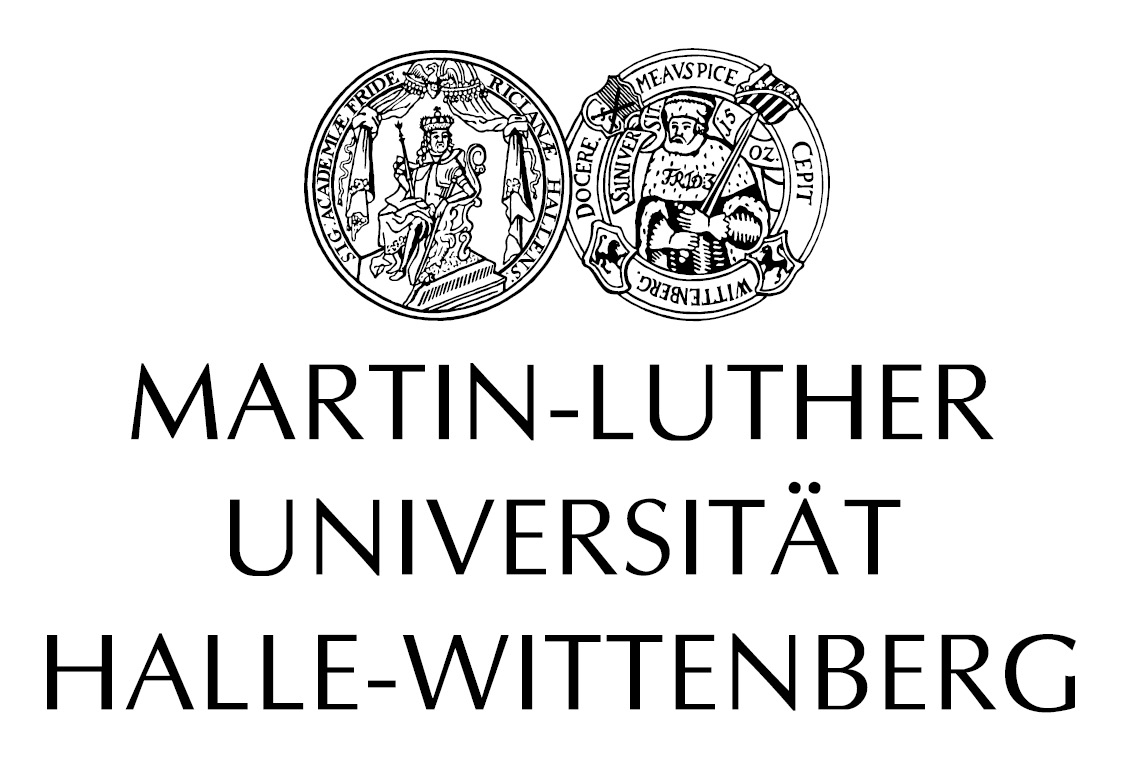On Tuesday, 05 November the RTG 2498 welcomes Prof. Ralph Hückelhoven from TUM Weihenstephan in Freising. His research focuses the biological and molecular causes of plant diseases. In Halle he will give a talk as part of the Halle Plant Science Colloquium at 17:00 about “Mechanisms of ROP GTPase signalling in plant disease susceptibility“. We’re looking forward to meeting him and learn more about pathogen-host-interactions on the molecular level.
Abstract: Plant diseases and resistance to fungal pathogens are often considered as two sides of the same coin. In this context, disease is the result of the failure of defense due to a lack of pathogen recognition or suppression of host defenses or both. However, in case of long-lasting biotrophic interactions, it may be insufficient for the pathogen to just avoid recognition and suppress defense. Instead, a successful biotroph may take advantage of host susceptibility factors, which actively support the pathogen. The barley ROP (RHO OF PLANTs) GTPase RACB is a susceptibility factor in interaction with the barley powdery mildew fungus Blumeria graminis f. sp. hordei (Bgh). In healthy plants, RACB is involved in cell polarity and cytoskeleton organization and we hypothesize that Bgh profits from these functions in effector triggered susceptibility. Indeed, a non-conventional effector of Bgh interacts with RACB and destabilizes microtubules. We now identified further possible upstream and downstream interaction partners of RACB by yeast two hybrid assays, co-immunoprecipitation and FRET FLIM assays. This identified another possible effector of Bgh, several scaffold proteins that might link RACB to downstream executer pathways and proteins of membrane signalling and organization. Several of those RACB-interaction partners show the potential to support susceptibility to Bgh and display RACB-dependent subcellular localization at sites of fungal invasion or at microtubules. Together, data strongly suggest that RACB is a central hub in a network of susceptibility factors that is directly´addressed by fungal effector proteins. Additionally, RACB could represent a susceptibility factor, which does not control host immunity but rather supports processes, which are required by Bgh during accommodation of the haustorium.


